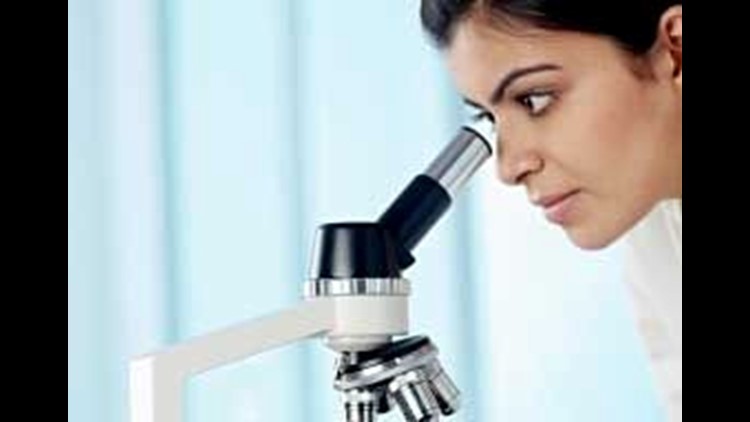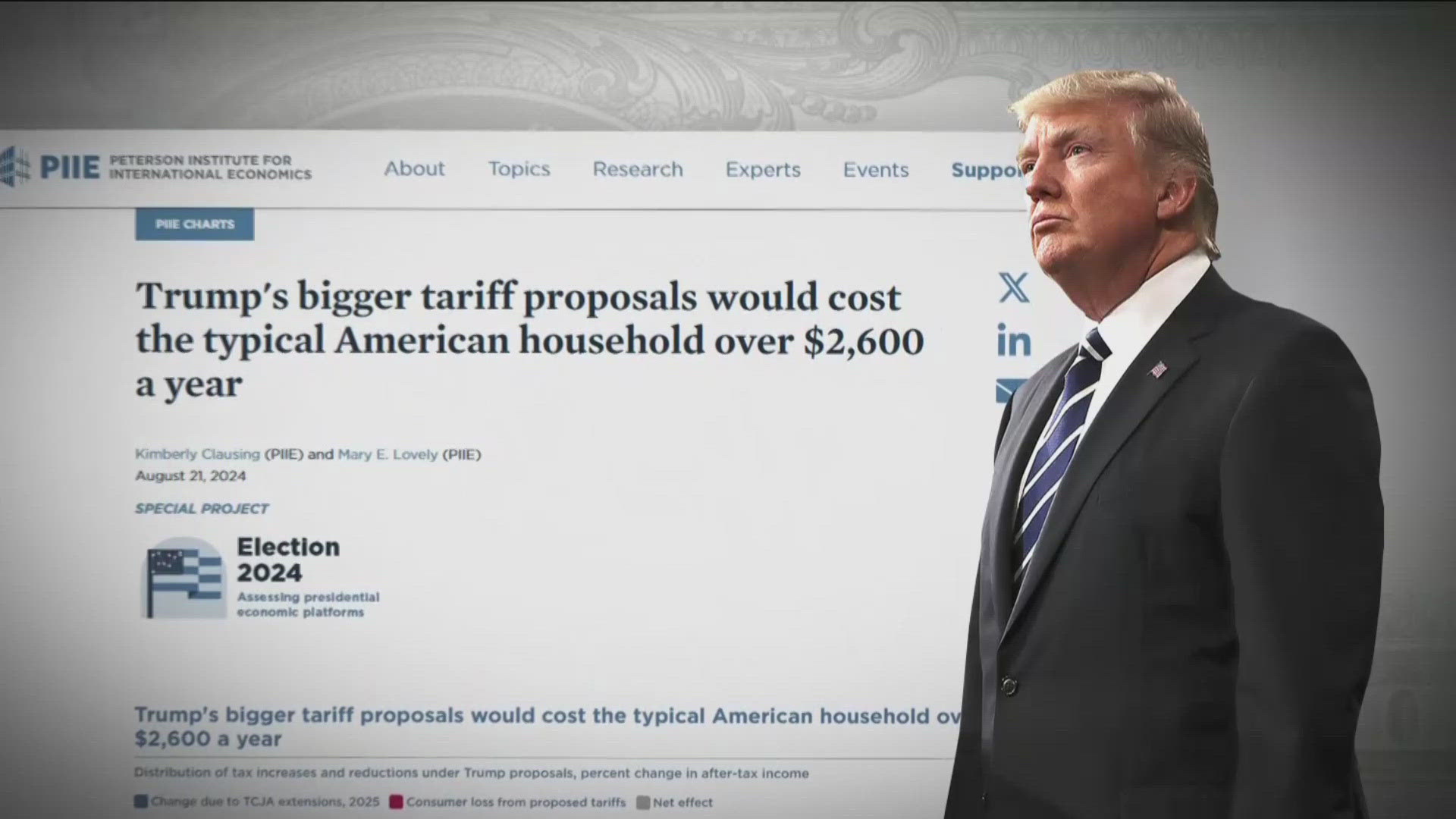SAN DIEGO (CNS) - Researchers at San Diego-based life science organizations have discovered a molecule that converts stem cells into healthy heart cells, possibly setting the stage for therapies that would replace some heart transplants, according to a study published in a scientific journal Friday.
The finding published in the journal Cell Stem Cell could lead to new treatments for heart disease. The study was conducted at Sanford-Burnham Medical Research Institute, the Human BioMolecular Research Institute, and ChemRegen Inc.
The molecule known as ITD-1 is able to generate an unlimited supply of heart cells, which would give scientists more cells to study in their research and give physicians healthy cells to use to treat diseased hearts, according to the study.
Mark Mercola, director of Sanford-Burnham's Muscle Development and Regeneration Program, said heart disease is the leading cause of death in the United States, but doctors can't replace damaged heart muscle.
"The only way to effectively replace lost heart muscle cells - called cardiomyocytes - is to transplant the entire heart," said Mercola, the senior author of the study. "Using a drug to create new heart muscle from stem cells would be far more appealing than heart transplantation."
Stem cells were targeted for the study because they can self-replicate and convert to other, specialized types of cells. The challenge for scientists is to discover the signals that direct the stem cells to turn into the types of cells they want.
The researchers said ITD-1 works by preventing a protein from sending signals to cells that regulate various functions, allowing them to re-create themselves into heart cells.
According to Sanford-Burnham, Mercola has been looking for ways to convert stem cells into heart cells for 15 years.
"This particular molecule could be useful to enhance stem cell differentiation in a damaged heart," said Erik Willems, another author of the study. "At some point, it could become the basis for a new therapeutic drug for cardiovascular disease - one that would likely limit scar spreading in heart failure and promote new muscle formation."
According to Sanford-Burnham, Mercola, Willems, and John Cashman of the Human BioMolecular Research Institute are now working with San Diego biotech company ChemRegen Inc. to develop ITD-1 into a drug that one day might be used to treat patients.
Stem cell research by local science organizations could lead to new treatments for heart disease
Researchers at San Diego-based life science organizations have
discovered a molecule that converts stem cells into healthy heart cells,
possibly setting the stage for therapies that would replace s



